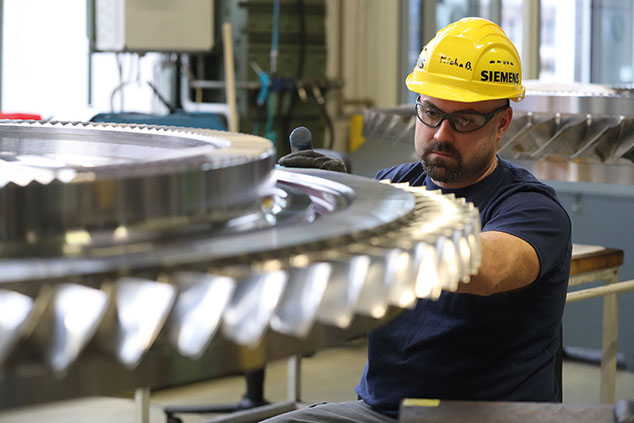
Germany’s slowdown has affected the eurozone as a whole. Germany accounts for 29% of eurozone economic activity, “so weakness in Germany drags down the average even if nothing changes anywhere else”, note Andrew Walker and Daniele Palumbo on the BBC.
But the clouds may soon lift. Germany’s unemployment rate is still one of the lowest in the world at 3.1%, which should underpin consumption. In addition, “there is a glimmer of hope for Germany’s beleaguered manufacturers”, says Stubbington. China’s manufacturing sector has returned to growth following stimulus by Beijing comprising infrastructure investments, tax cuts and more bank lending. It’s also interesting to note that the valuation gap between US and German stocks is at a 50-year high, according to one newsletter, while German stocks are highly geared to global growth. With the outlook improving, they look due a bounce.